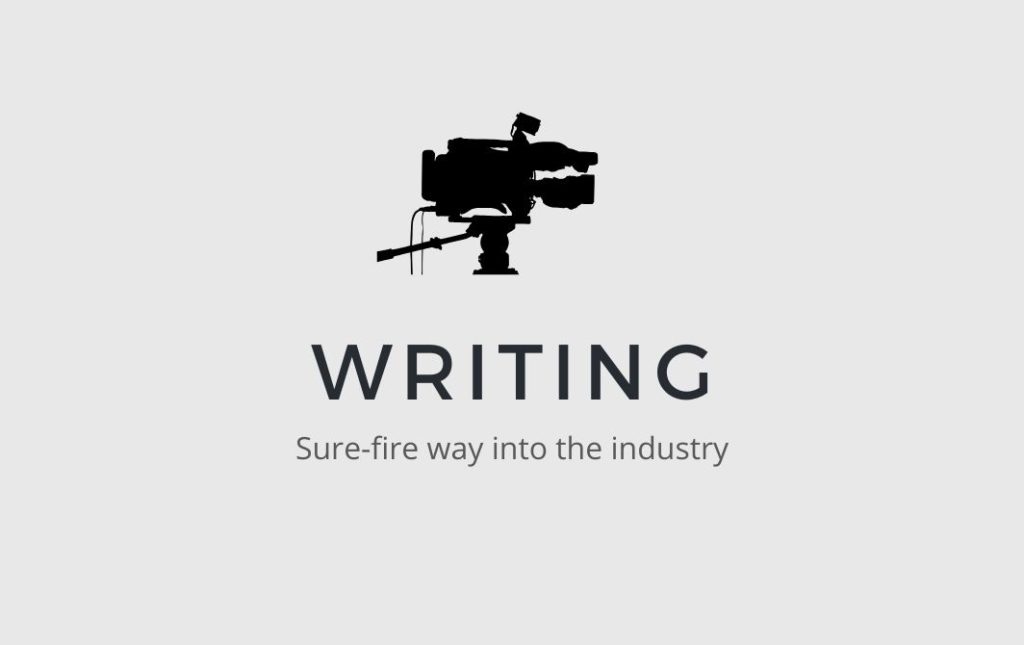Writing and rewriting scripts is something that you need to be doing if you want to be making your first feature film. Of all our 7 steps this is one step that you absolutely need to be doing.
“If your goal is to become a film director, you must master screenwriting.” — Akira Kurosawa
Why Non-Writers Should Write
Not everyone is a writer. Your dream might be to become a producer, a cinematographer, an actor, or any one of the other creative fields, and with no interest whatsoever in writing. Why then should you be writing scripts?
Whatever your passion might be, we are all storytellers. We have been hearing and telling stories since the time we were born. Every single human on the plant knows when they hear a good story. But very few can articulate why a story is good, and even fewer who can craft a beautiful one.
Should you go ahead with a script? How do you identify if it has the potential to be reworked? How do you creatively criticise?
You need to understand what a story is, how a story is structured, and why stories work. There is a science to it, and of course an art to it. You might not have the art, but you can, and should, learn the science.
Writing is Rewriting
I have found that the process of rewriting is unglamorous and so is one of the least discussed topics in the scriptwriting world. But it is a fact that most people starting out does not realise. A script is never written. But it is rewritten.
“Secure writers don’t sell first drafts. They patiently rewrite until the script is as director-ready, as actor-ready as possible. Unfinished work invites tampering, while polished, mature work seals its integrity.” ― Robert McKee
I remember someone calling the first draft of a script as “the puke draft”. It is like a certain rock, which if polished well can become a diamond. The diamond is what we all aim for.
It might take 2 rewrites, it might take 10. In each rewrite we attempt to bring out a more cohesive story, more rooted and relatable characters, find the tone of the story, its pacing. Sometimes a character becomes unnecessary, while at other times a new character might be needed. You might have to reimagine the ending, or perhaps even thrash the whole script. You may never know.
Rewriting is unglamorous. But it is what writing is.
Re-Writing for Low Budget
For people making their first film on their own, there is an additional rewriting required. I rewrote Munnariv to make it in my bedroom.
Rewriting to make the film with limited resources is a whole other topic. Noam Kroll’s blog is a good place for detailed information on that. But generally, if your budget is less, it is better to rewrite the following out of the script:
- Period stories
- Night scenes (or as less as possible)
- Crowds
- Animals
- Guns
- Kids
- Car chases or big stunts
- Special effects, VFX
I was writing scripts even before I decided to be a full time filmmaker. Being a writer it came easier for me. You should be writing scripts even while you are learning filmmaking, building your network, and assisting feature films.
I hope I made a strong case on everyone learning the basics of writing. It is your only sure-fire way of getting a foot in the industry. What do you think?
Hey Aspiring Filmmaker,
I debuted my film career making a feature film for ₹5 lakhs ($7,000) on an iPhone. I’d like to help you do the same. So I wrote everything I learned into a book. It is now available on Amazon, called The Indian Indie Film (or Make Your Film for rest of the world). Enjoy!





